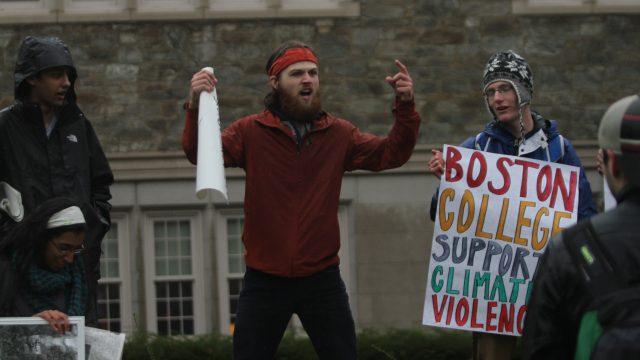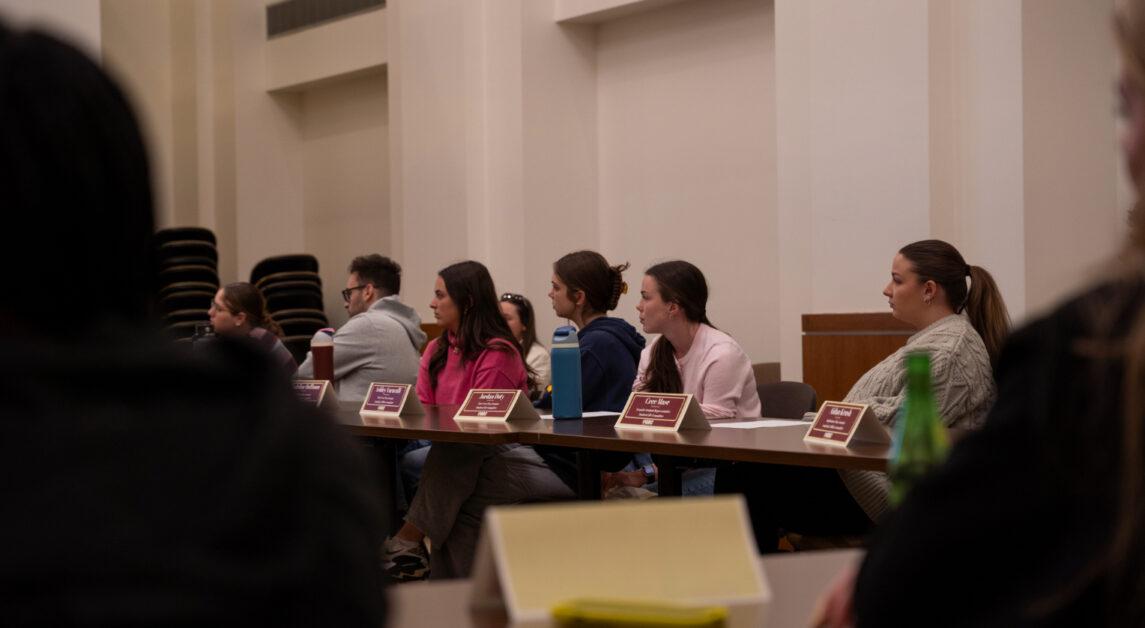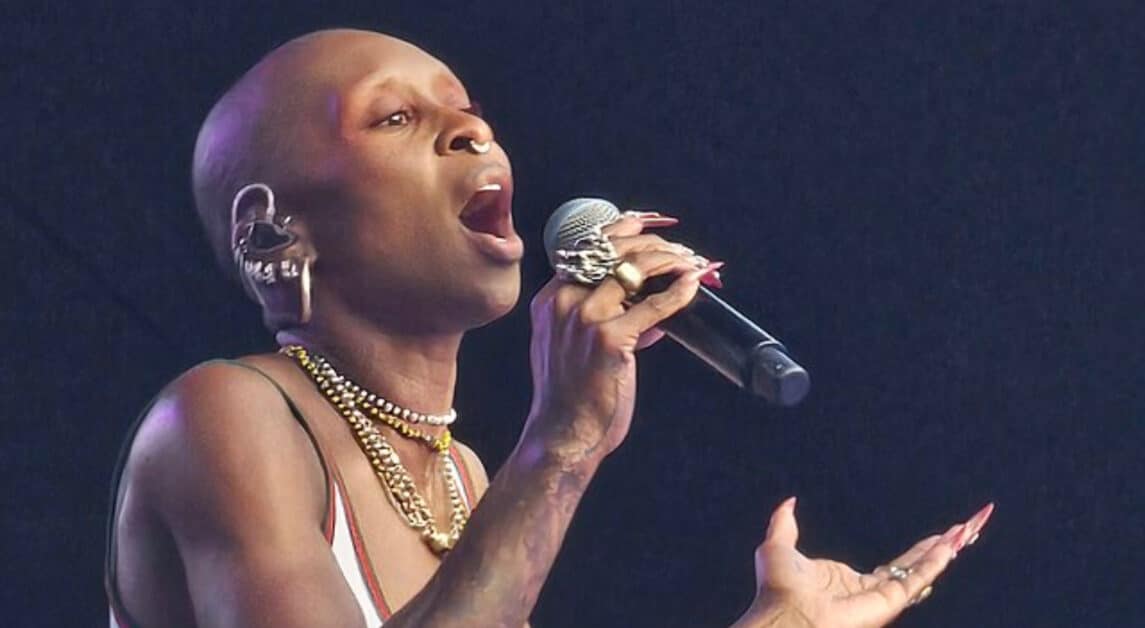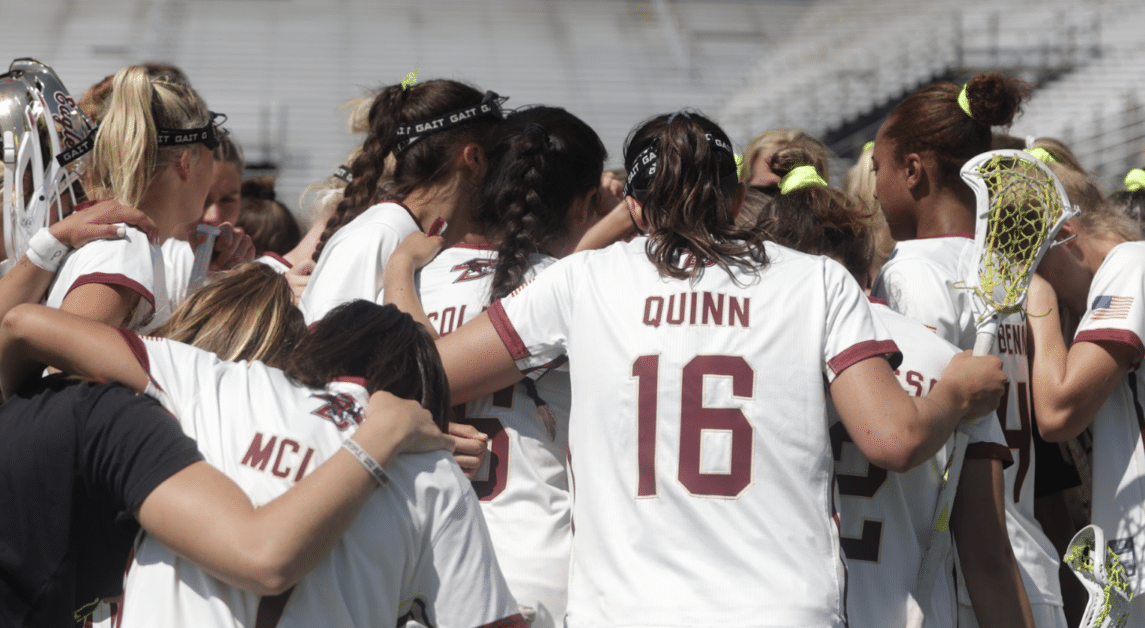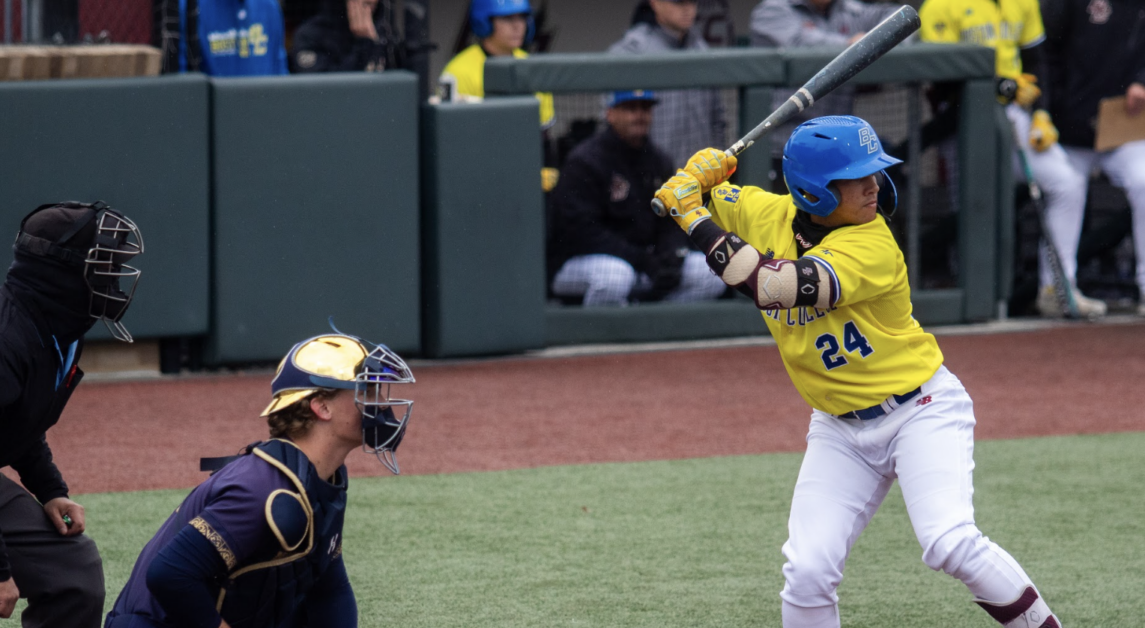Climate Justice at Boston College (CJBC) will host a rally on Thursday to speak out in solidarity with the Standing Rock Sioux Tribe, which has received significant attention this fall. The tribe’s lands have been the site of protests against the planned Dakota Access Pipeline. President Barack Obama’s administration said this week that it had denied permission for the last leg of the pipeline to be built, a major victory for environmental activists that could soon be reversed by President-elect Donald Trump.
The rally will feature sachem Wampatuck Wompimeequin of the Mattakeeset tribe of the Massachusetts nation, who will speak about the implications of environmental degradation on Native American land and Standing Rock while also integrating a large component of prayer and faith. The rally will take place on O’Neill Plaza at 4:30 p.m.
“[Standing Rock is] a huge victory, and it’s very exciting, and I think it really shows the power of protest and the power of the people who are out there,” said Alyssa Florack, a member of CJBC and MCAS ’17. “We want to give thanks to those people, but also remind people that it’s not over. You can’t just share the Facebook link and be like ‘it’s a victory!’ when there are still so many injustices going on.”
This rally is part of CJBC’s week-long theme of “International Solidarity: When Climate Change Impacts Aren’t in my Backyard.” CJBC is collaborating with the Chinese Student Association, the South Asian Student Association, and Eradicate BC Racism to host a series of events throughout the week.
“We’re not just looking at climate change, but we’re also looking at the social justice issues related to that,” Florack said. “A big part of that is the fact that climate change has these really disproportionate impacts around the globe.”
Continuing the theme of the week, CJBC will host an interactive art display at O’Neill Plaza on Friday from 10 a.m. to 3 p.m., where students can trace their hands in blue marker and add it to a “rising sea-level” on a poster.
“These particular injustices may be over in this one battle, but if you look at who’s going to win the war overall there’s still so much to be done,” Florack said.
Featured Image by Julia Hopkins / Heights Editor

